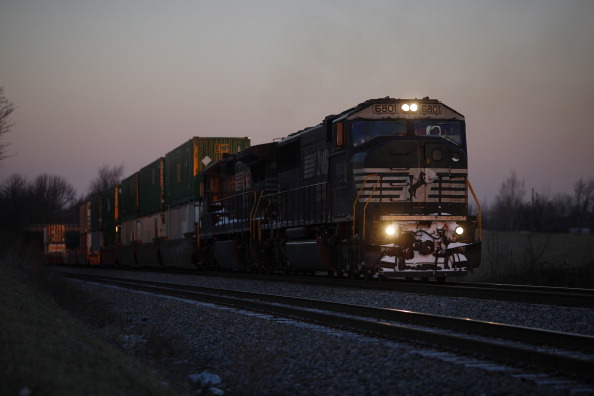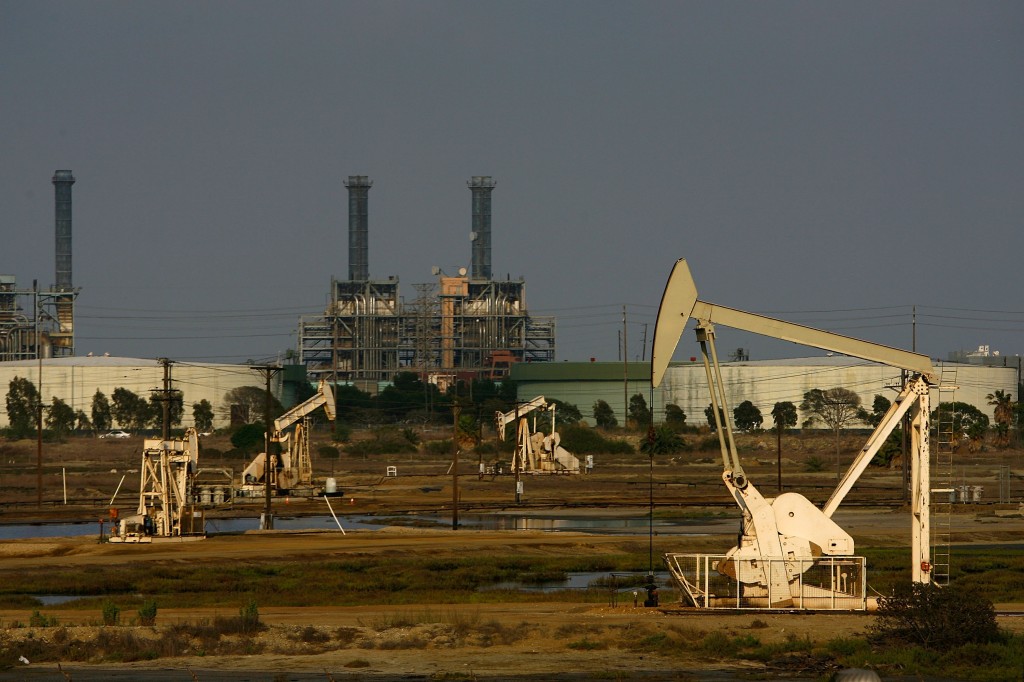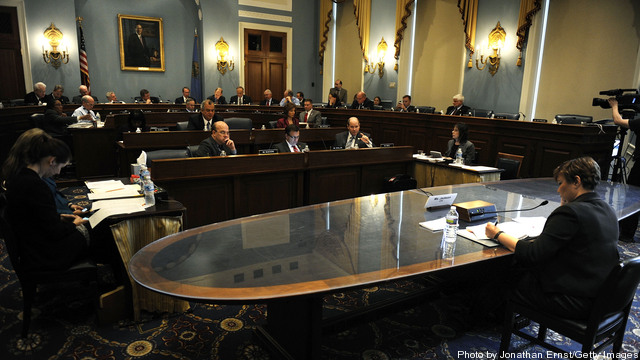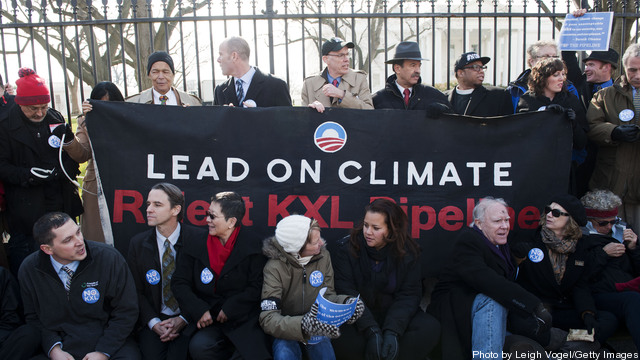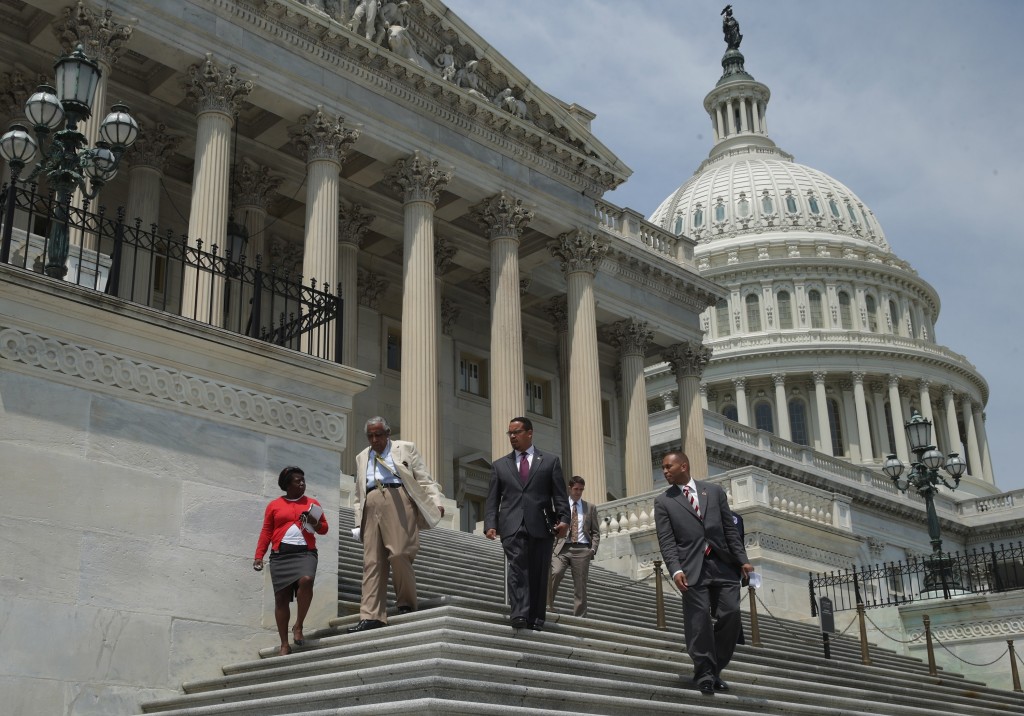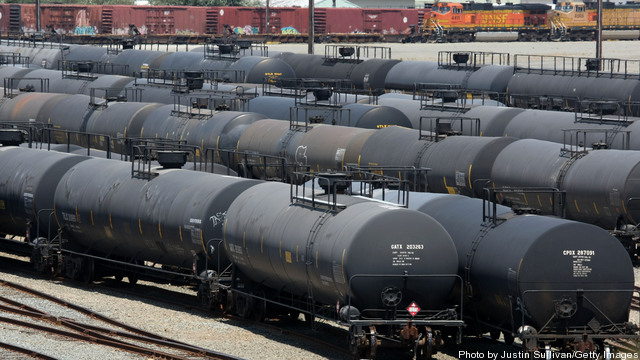In This Issue:
– Recent Settlement Under EPA’s Energy Extraction Initiative Provides Insight For Future Enforcement in the Oil and Gas Industry
– Tax Incentives Offer Hope for UK Oil and Gas Industry Affected by Low Oil Prices
– It’s Time to End the Crude Oil Export Ban
PHMSA
Sign up and get Breaking Energy news in your inbox.
We will never sell or share your information without your consent. See our privacy policy.Facts, Science Must Guide Rail Safety Improvements
By Energy Tomorrow BlogAmid the continuing public discussion over improving the safety of crude oil delivered by rail, it’s important that everyone – the energy industry, railroads, regulators, policymakers – stay focused on the facts and the science. This is key to making meaningful improvements to freight rail transportation – which already delivers 99.998 percent of materials like… Keep reading →
The projections as to the near- and medium-term future of oil and gas prices are mixed – to say the least. Irrespective of the direction prices ultimately go, industry is faced with significant uncertainty and companies in all industry sectors are evaluating their businesses and how they can best manage the uncertainty.
Federal Proposal to Update Natural Gas Transportation Market Would Benefit Environment
By Environmental Defense Fund Energy Exchange BlogHow much does the design of America’s energy market affect the environment? More than one might expect. Last week, the Federal Energy Regulatory Commission (FERC), the agency responsible for regulating the wholesale natural gas and electricity markets, issued a proposed policy statement designed to encourage pipeline operators to replace their leakiest equipment: compressor stations. Reciprocating compressors are… Keep reading →
Recent Regulations Prompt Revamped FERC Pipeline Cost-Recovery Policy
By Mark Haskell, Levi McAllister | Morgan LewisFERC proposes to establish a framework that allows pipelines to use surcharge or tracker cost-recovery mechanisms to accelerate system improvements associated with new safety and environmental compliance regulations.
On November 20, the Federal Energy Regulatory Commission (FERC) issued a proposed policy statement setting forth guidance that, if adopted, would permit natural gas pipelines to use cost trackers or surcharges to recover certain costs that pipelines incur in connection with facility and infrastructure upgrades undertaken in response to regulatory requirements.[1] Comments will be due within 30 days of the date the notice is published in the Federal Register.
A bill aimed to approve construction of the Keystone XL pipeline failed in the Senate by one vote short of the threshold required for passage. On November 18, 2014, the U.S. Senate rejected S. 2280, a bill aimed to approve the cross-border Keystone XL pipeline that would carry crude oil from Alberta to Gulf Coast refineries.… Keep reading →
Federal Court Orders DOT to Respond to Sierra Club’s Unsafe Tank Car Lawsuit
By Katherine Bourdon | Nossaman LLPRules for Rail Transport of Crude Oil and Ethanol Still a Work in Progress
By Pamela Garvie, Stephen Matzura, David Raphael, Cliff Rothenstein from K&L GatesThe revolution in North American energy development has been made possible by technological breakthroughs in decades-old methods of energy development, which has set this nation on the path to energy security, a concept unthinkable just a few years ago. The energy policies we choose today will determine if our nation will continue its march toward… Keep reading →
